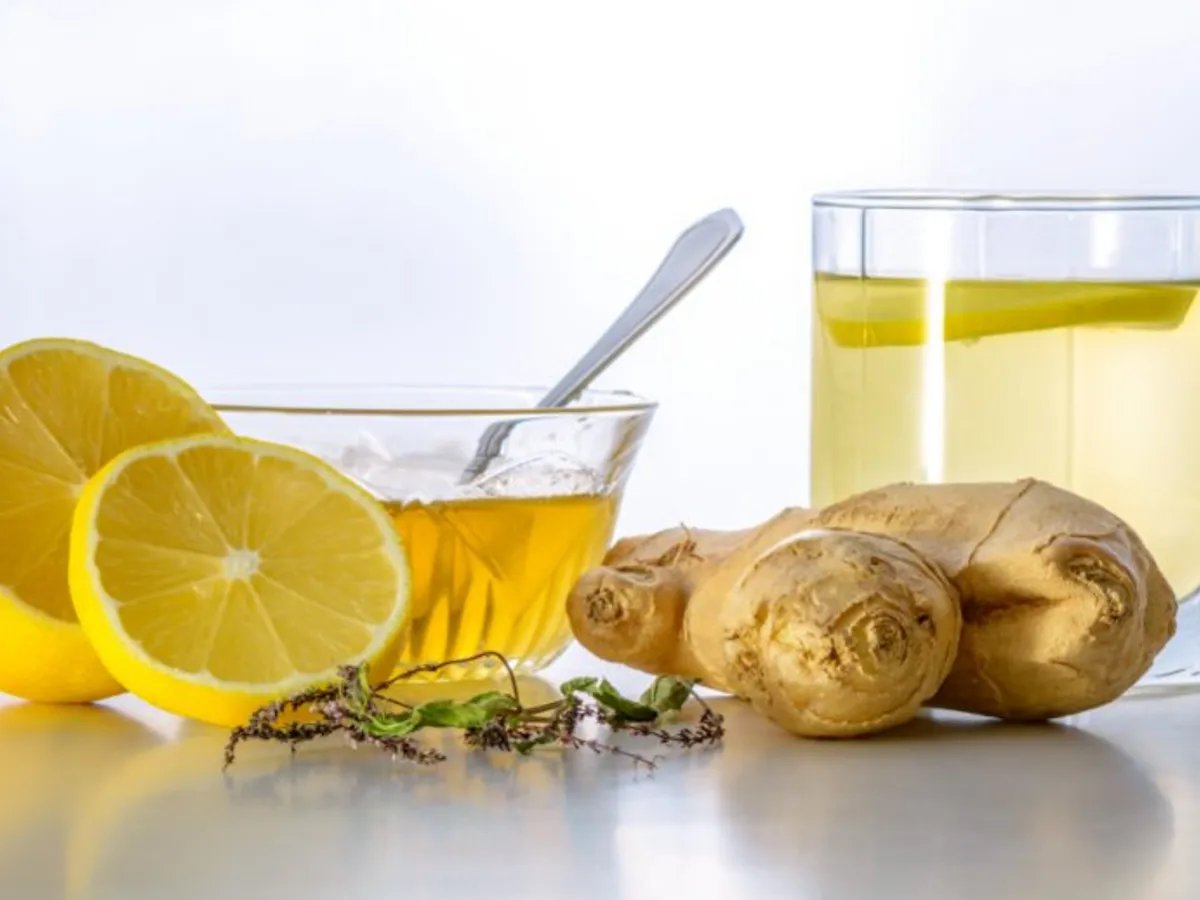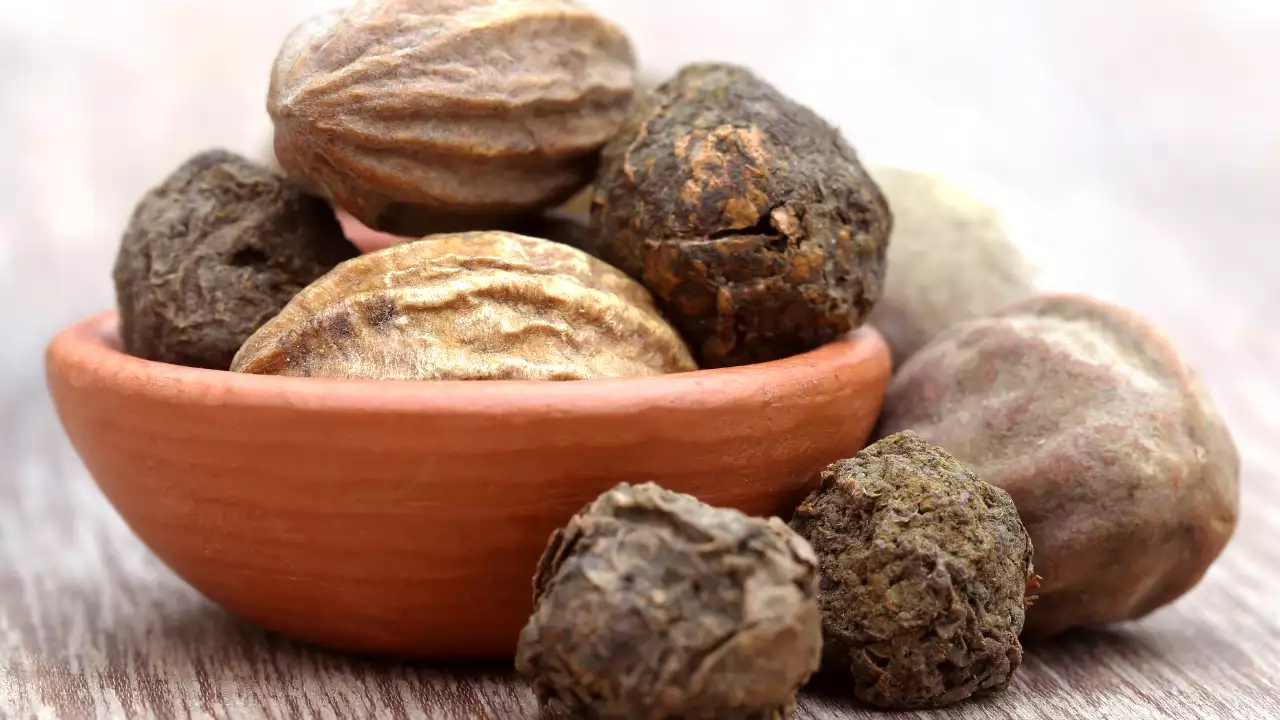Infusing Amla Powder in Coconut Oil: A Nutrient-Rich DIY Project
Welcome to the wonderful world of natural hair care! If you’re looking for a way to nourish and strengthen your hair, infusing amla powder in coconut oil is a fantastic DIY project to try. Amla, also known as Indian gooseberry, is renowned for its hair-boosting properties, and when combined with coconut oil, it becomes a potent elixir for promoting hair health.
Why Amla Powder and Coconut Oil?
Before we delve into the process of infusing amla powder in coconut oil, let’s understand why these two ingredients are a match made in heaven for your hair:
- Amla Powder: This natural ingredient is packed with vitamin C, antioxidants, and essential nutrients that can help strengthen the hair follicles, reduce hair fall, and promote healthy hair growth.
- Coconut Oil: Known for its moisturizing and nourishing properties, coconut oil penetrates the hair shaft, prevents protein loss, and helps in retaining the natural moisture of the hair.
How to Infuse Amla Powder in Coconut Oil
Now, let’s get into the exciting part – creating your own amla-infused coconut oil. Here’s a simple step-by-step guide to help you get started:
- Gather Your Ingredients: You will need amla powder, coconut oil, a glass jar, and a fine-mesh strainer.
- Measure the Ingredients: For every 1/2 cup of coconut oil, you can add 2-3 tablespoons of amla powder. Adjust the quantities based on the amount of oil you want to infuse.
- Heat the Coconut Oil: In a double boiler or a small saucepan, gently heat the coconut oil until it melts. Avoid overheating the oil to preserve its nutrients.
- Add the Amla Powder: Once the coconut oil has melted, add the amla powder to the oil and stir well to ensure that the powder is evenly distributed.
- Infusion Time: Transfer the mixture to a glass jar and let it sit in a cool, dark place for 1-2 weeks to allow the amla powder to infuse into the oil.
- Strain the Oil: After the infusion period, strain the oil using a fine-mesh strainer or cheesecloth to separate the infused oil from the amla powder residue.
- Store and Enjoy: Transfer the infused oil to a clean, airtight container and store it in a cool, dry place. Your amla-infused coconut oil is now ready to use!
Benefits of Amla-Infused Coconut Oil for Hair
Once you have your homemade amla-infused coconut oil, you can reap a multitude of benefits for your hair:
- Strengthening Hair: The combination of amla and coconut oil can help strengthen the hair from the roots, reducing breakage and split ends.
- Promoting Hair Growth: Amla is known for stimulating hair growth, and when infused in coconut oil, it nourishes the scalp and encourages healthy hair growth.
- Improving Scalp Health: The antimicrobial properties of amla and the moisturizing effects of coconut oil can help in maintaining a healthy scalp and preventing dandruff.
- Adding Shine and Softness: Regular use of amla-infused coconut oil can impart a natural shine to your hair and make it softer and more manageable.
How to Use Amla-Infused Coconut Oil
There are several ways to incorporate amla-infused coconut oil into your hair care routine:
- Pre-Shampoo Treatment: Massage the oil into your scalp and hair, leave it on for at least 30 minutes, and then shampoo as usual.
- Leave-In Conditioner: Apply a small amount of the oil to the lengths of your hair to tame frizz and add moisture.
- Scalp Massage Oil: Use the infused oil to give yourself a relaxing scalp massage, promoting blood circulation and nourishing the hair follicles.
With regular use, you’ll soon notice the positive effects of amla-infused coconut oil on your hair’s health and appearance.
In Conclusion
Infusing amla powder in coconut oil is a simple yet effective way to harness the natural benefits of these two powerhouse ingredients for your hair. By following the steps outlined above, you can create your own nutrient-rich hair elixir that promotes strength, growth, and overall hair health. So, why not embark on this DIY journey and treat your hair to the goodness of amla-infused coconut oil?
Explore Recipes and More Ways to Use Amla-Infused Coconut Oil
Now that you've mastered the art of infusing amla powder in coconut oil, it's time to put this skill to use with some enticing recipes. A highly recommended try is the Amla-Infused Coconut Oil Hair Mask for Growth. This recipe not only leverages the nutritional benefits of amla for hair strength and shine but also combines it with the moisturizing properties of coconut oil, making it an excellent choice for those seeking to improve hair health naturally. The process of creating this mask will further familiarize you with the oil infusion techniques and offer a practical application that yields visible benefits. It's an ideal starting point for anyone looking to explore the uses of their newly crafted amla-infused coconut oil.











